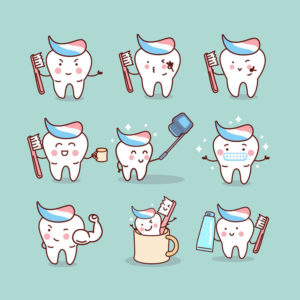The next time you brush your teeth, consider capturing the action on your cell phone — and sharing it with your dentist. The results might provide you with a better shine and fewer cavities by helping you learn to brush more effectively.
This was the initial finding from a pilot study to investigate tooth-brushing behavior and to see how it may change after training. Inventors have been intrigued by devices to measure toothbrushing for years, but only now with the wide availability of smartphones, sensors and other wireless technologies have they had the opportunity to measure the behavior in real-time and in the real-world, where it counts.
An expert in health tracking technology, University of Rhode Island Associate Professor of Psychology Theodore Walls was asked to participate in the study, particularly to assist with the behavioral data analysis. In partnership with the Case Western Reserve University, School of Dental Medicine, the study was facilitated by the National Institute of Dental and Craniofacial Research and conducted in India. With his combined background in statistics, movement and behavior, Walls said: “By tracking people’s health behaviors, we have the opportunity to detect important patterns with statistics and, in turn, intervene to help people with technology or other interventions.”
For this study, participants used stands to hold their smartphones and film themselves as they brushed their teeth. Even though the period of time for which the participants brushed did not change, the data suggested some improvement in their skill after the images were shown to dentists. The brush strokes were noted to be more accurate and increased in number. The study was published in the Indian Journal of Dental Research, July 2016.
“We’ve used similar techniques to track smoking behaviors — using tools that indicate when someone is smoking and how much, and where to set up early warning systems to prevent a behavior. Although the selfie concept is being used in a variety of health applications, we think this is the first time it’s been put to use to assess how people are brushing their teeth,” said Walls. “People recording themselves as they brush might help to improve dental hygiene.”
So open wide, and take out your cell phone as you brush!
Story Source: Materials provided by University of Rhode Island. Note: Content may be edited for style and length.
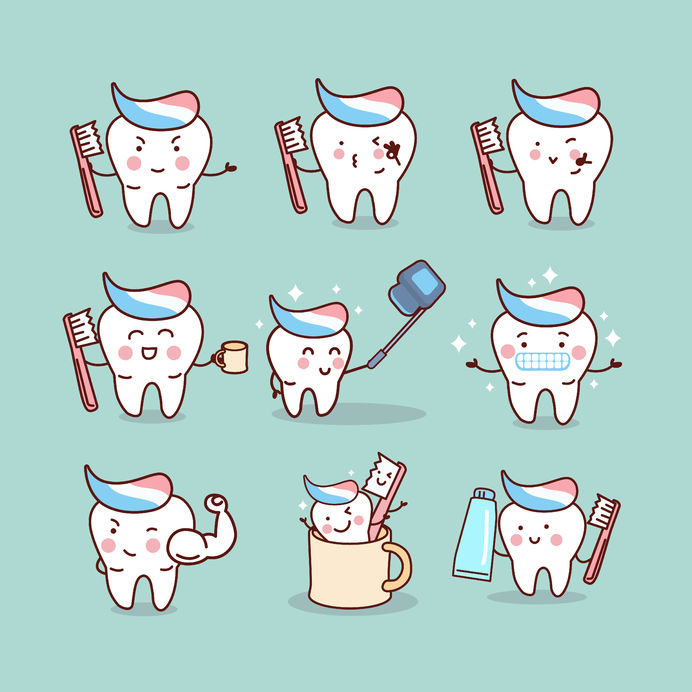
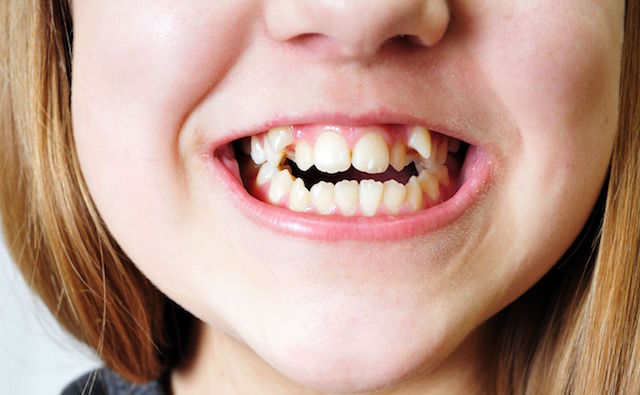
Crooked Teeth Could Lead to Greater Health Problems
Yearning for a straight smile isn't the only incentive for aligning your teeth. Crooked or crowded teeth could lead to serious health issues prompting a greater initiative for seeking orthodontic care. Here are 8 Ways Crooked Teeth Impact Your Health 1....
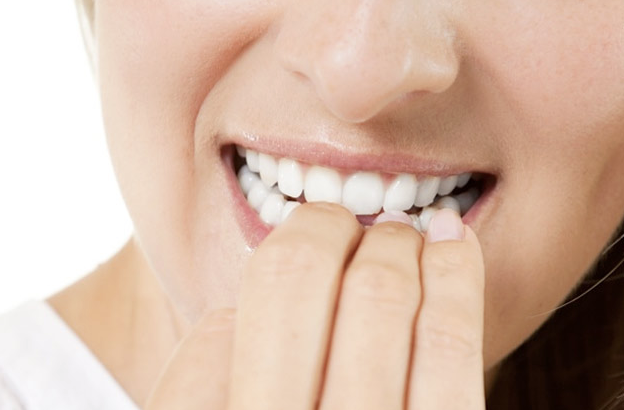
Are You A Nail Biter? Here’s Why You Should Stop
Nail biting can be a hard habit to break — but if you don't, your teeth might suffer much more than your manicure. According to the American Association of Orthodontics, children or adults who bite their nails could crack, chip or wear down their...
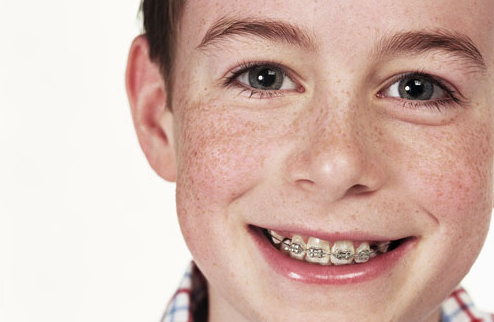
Does my child really need that orthodontic treatment?
For many parents, the news that their child needs to see an orthodontist is not well-received for a number of reasons. They instantly begin to imagine hours spent at the orthodontist office, expensive bills that insurance won’t pay, and the negative...

